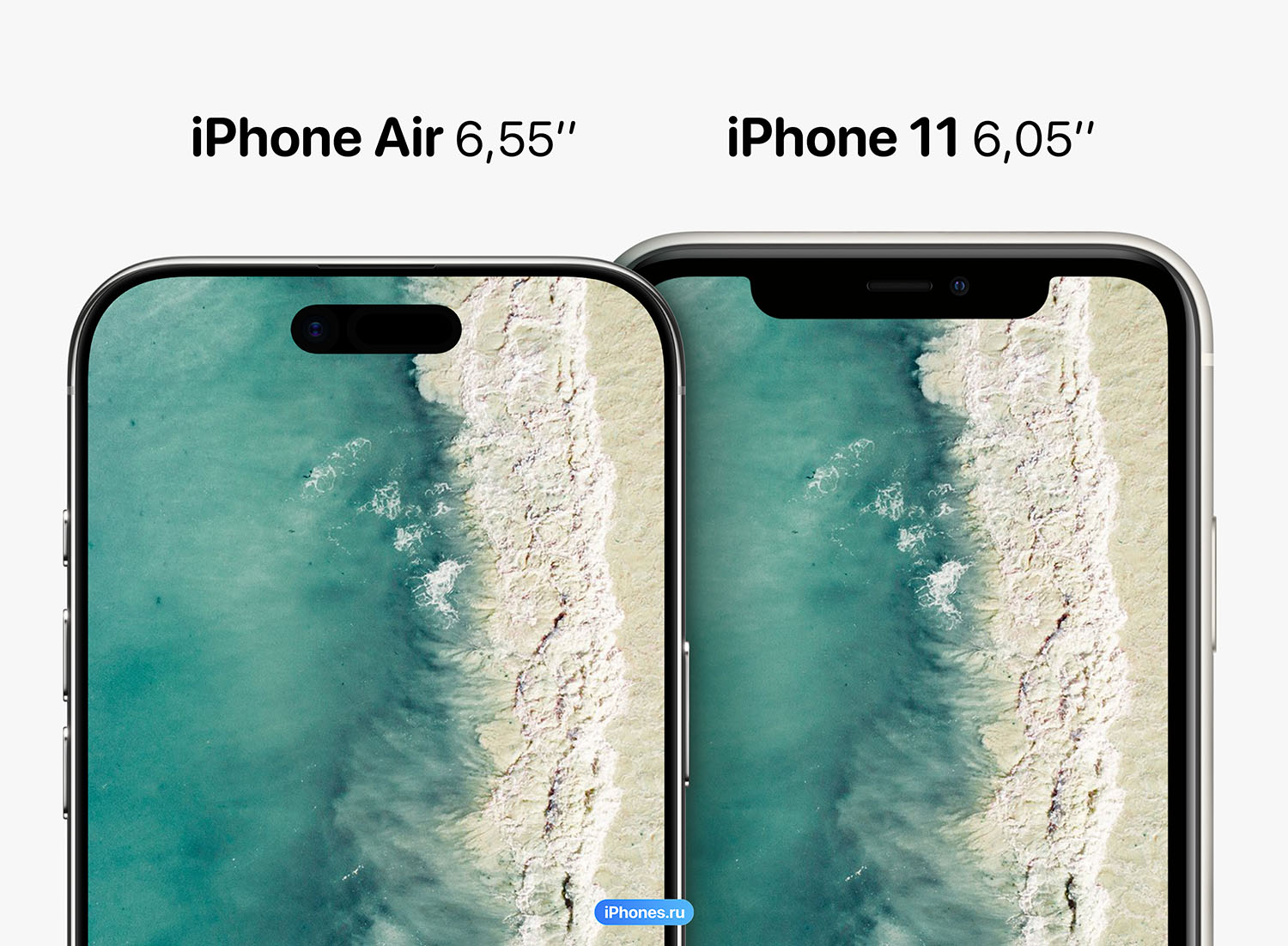Microsoft is testing a digital wallet integrated into the Edge browser that will allow users to send and receive cryptocurrencies and non-fiscal tokens (NFTs), as Twitter user Albacore, known for its leaks, explained. The wallet is not supervised, which means users have full control of their funds.
The company has partnered with ConsenSys, a company dedicated to blockchain technology, to enable cryptocurrency exchanges between Ethereum, Dai Stablecoin, Uniswap, USD Coin and Tether Coin. According to the information obtained, the application code also supports Bitcoin. Sleep Computer.
A crypto wallet with the latest in questionable upcoming Microsoft Edge features??
I’m not really sure how you would feel about this kind of stuff being baked in the default browser, what are your thoughts?
More screenshots of the UI in the next tweet? pic.twitter.com/GAUPiZGLIYAlbacore (@thebookisclosed) 17 March 2023
Edge’s cryptocurrency wallet can connect to decentralized applications (dApps) and also has news to follow the crypto market. The feature is not yet available to Insiders and is likely only available to Microsoft Edge Dev Channel users as part of a very limited testing phase.
How does a cryptocurrency wallet work?
A cryptocurrency wallet, also known as a “wallet”, is software that allows you to store, send and receive cryptocurrencies and other types of digital assets. These wallets are used to manage private keys that provide access to digital assets associated with a particular account.
Private keys are necessary to secure crypto assets as they are used to authorize transactions. These keys are usually stored in password protected files or physical storage devices (hardware wallets).
There are several types of cryptocurrency wallets, each with their own features and security levels. Some examples include:
- desktop wallets: applications installed on personal computers.
- pocket wallets: Applications installed on smartphones or tablets.
- hardware wallets: Physical devices that store private keys offline.
- online wallets: services offered by companies or exchanges where private keys are stored on servers controlled by third parties.
Regardless of the type of wallet you choose, it’s always important to take security measures to protect your private keys, such as choosing strong passwords and never sharing your information with third parties.
Source: Tec Mundo
I am a passionate and hardworking journalist with an eye for detail. I specialize in the field of news reporting, and have been writing for Gadget Onus, a renowned online news site, since 2019. As the author of their Hot News section, I’m proud to be at the forefront of today’s headlines and current affairs.











